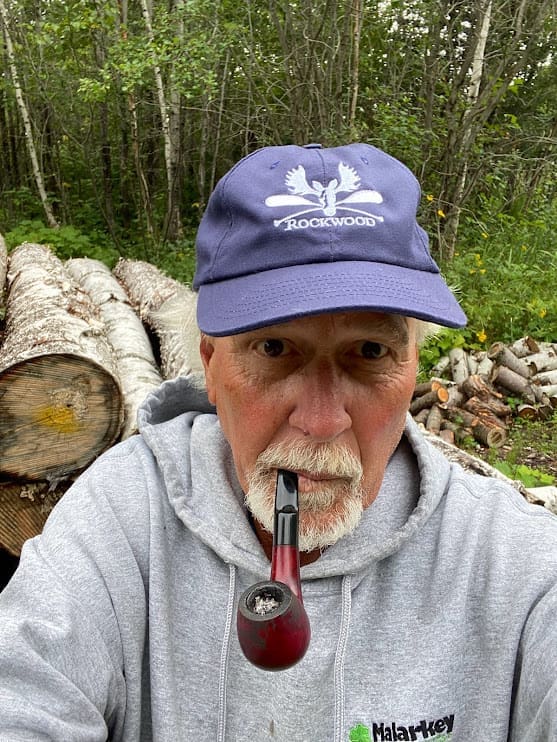You may not know this about me, but I’m passionate about small businesses. Small businesses and those who build and operate them play a vital role in our country. My favorite features to write for publication are about the entrepreneurs who do the tedious, often aggravating, but always satisfying work of operating a small business.
As I found myself in the quiet days of late November, I couldn’t help but reflect on the countless individuals I’ve known over my five decades of business experience. They were all great mentors, although I never labeled them as such. To me, they were just friends or someone I knew. This informal mentorship, often undervalued, holds a profound value.
The word “mentor,” like “networking,” is overused in the business press today. It’s a term that’s lost its true meaning in the sea of articles and online resources. The notion of mentoring has been formalized online and in print, and I can’t help but feel that this has diluted its value. Eager entrepreneurs consider mentoring transactional. Article titles like “How to Pick Your Mentor” fuel the fire.
It’s not transactional. A mentor is a seasoned individual who advises and guides a less experienced person. They share their knowledge, skills, and insights not because they have to but because it’s the right thing to do. The relationships mentors form with their mentees can be as brief as a five-minute phone call or as enduring as decades, providing a sense of reassurance and hope for the future.
Looking back, I realize I may have hundreds of mentors, maybe more, depending on how you classify all the people I’ve known.
I wasn’t aware I was getting mentored much of the time, but I relied on people who shared their knowledge, skills, insight, and support. Let’s look at just a few.
Top of the list for me is Fats Fernlund, my old man. He successfully sold a somewhat intangible service like freight hauling that relied heavily on personal connections. He got me my first two jobs in that business and called me almost every day until his death to ask, “How’s business today?”
My first job was as a lowly dock clerk, moving paperwork from where it was to where it needed to be. My boss was Phil, the terminal manager. A few years after I’d worked for or even spoken to Phil, I applied for a “day job” at a manufacturing company. Unbeknownst to me until after I’d got the job, the department head who was my bosses boss was Phil’s brother, Del. Phil, who initially taught me that trucking operated on four things: diesel, caffeine, nicotine, and the F-word, had given me the reference I needed to get hired for a corporate job—a true mentoring thing to do.
When recruited by a small business, my boss at that corporate job was reluctant to leave the salary and benefits of the corporate world. So he recommended me to the recruiter, a mentor thing to do. That small business hired me, and then I pole-vaulted to become a young President of a fast-growing company in a rapidly changing industry.
After retiring for the second time and convincing the Bohunk to move to Las Vegas, I wasn’t looking for mentors. I found them nonetheless.
After John Kerry lost the presidential election in 2004, I started dabbling in party politics in Nevada. Much to my surprise, I met a guy at a meeting of the Red Rock Democratic Club who became a mentor and friend.
John Moran was 10 or 15 years older than me. When I met him, he wore a fedora and a long black overcoat. You only had to hear him talk to know he was from New York.
He told me he wanted me to be the club president at that first meeting. He also told me he grew up in the Waldorf Astoria, where his dad was the general manager. He worked for Bobby Kennedy, was on Nixon’s enemies list, was an advance man in the Carter campaign, a fixer for Tom Jones concert tours, and did advance work for Shirley MacLaine.
I’m naturally skeptical, so I had serious doubts and kept him at arm’s length. But as the next few years progressed, those doubts were dispelled. I never met Tom Jones, but I did meet President Carter and Shirley MacLaine, and through other sources, I found John’s history was accurate. He was a great mentor, teaching me about politics, networking, and mentoring.
Mentors keep showing up, and I am forever grateful for their guidance. Their influence has inspired me to always be ready to share what little I’ve learned with others who are trying to make it.



